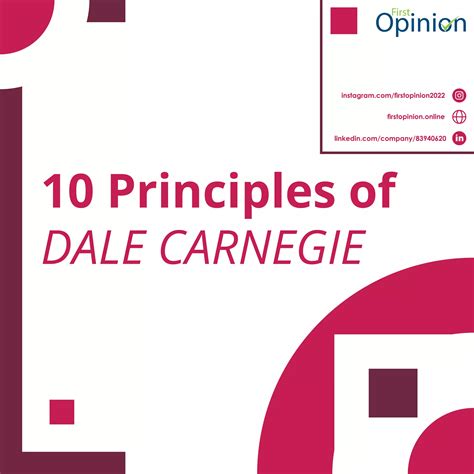Become a Better Negotiator: Books That Build on Dale Carnegie's Work
Dale Carnegie's How to Win Friends and Influence People is a cornerstone of personal development literature, offering timeless advice on building relationships and effective communication. While not solely focused on negotiation, its principles form a strong foundation for successful deal-making. Many subsequent books have built upon Carnegie's insights, offering more specialized approaches to negotiation and persuasion. This article explores several key texts that expand on Carnegie's work, helping you become a more skilled and empathetic negotiator.
Why Build on Carnegie's Legacy?
Carnegie's emphasis on understanding human nature, empathy, and building rapport is crucial in any negotiation. Effective negotiation isn't just about securing the best deal for yourself; it's about finding mutually beneficial solutions. His techniques, focused on creating a positive environment and fostering trust, create the fertile ground for successful negotiations. The books discussed below take this foundation and apply it to specific negotiation scenarios, providing practical strategies and frameworks.
Books Expanding on Carnegie's Principles:
1. Getting to Yes: Negotiating Agreement Without Giving In by Roger Fisher and William Ury:
This classic text introduces the principled negotiation approach, focusing on separating the people from the problem, focusing on interests rather than positions, inventing options for mutual gain, and using objective criteria. While not directly referencing Carnegie, the emphasis on understanding the other party's needs and finding common ground aligns perfectly with Carnegie's focus on empathy and relationship building. It provides a structured framework for navigating complex negotiations effectively.
2. Never Split the Difference: Negotiating As If Your Life Depended On It by Chris Voss:
Voss, a former FBI hostage negotiator, offers a tactical approach to negotiation grounded in active listening and empathy. He emphasizes the importance of understanding the other party's emotions and motivations, a key element mirroring Carnegie's advice on understanding human behavior. His techniques, such as tactical empathy and calibrated questions, provide practical tools for navigating high-stakes negotiations. The book’s real-world examples from hostage situations make the lessons particularly impactful.
3. Influence: The Psychology of Persuasion by Robert Cialdini:
While not directly building upon Carnegie's work, Cialdini's research delves into the psychological principles underlying persuasion. Understanding the principles of reciprocity, commitment and consistency, social proof, authority, liking, and scarcity can significantly enhance your negotiation skills. This knowledge complements Carnegie's advice by providing a deeper understanding of why certain communication strategies work, leading to more effective persuasion and mutually beneficial outcomes. This is critical for navigating negotiations beyond simple transactional deals.
4. Crucial Conversations: Tools for Talking When Stakes Are High by Kerry Patterson, Joseph Grenny, Ron McMillan, and Al Switzler:
This book focuses on navigating challenging conversations, a critical aspect of many negotiations. It teaches techniques for staying calm under pressure, actively listening, and expressing your needs clearly while respecting the other party's perspective. This aligns strongly with Carnegie's focus on maintaining positive relationships, even in tense situations. It offers practical strategies for managing conflict constructively, a skill essential for successful negotiations.
How to Apply These Principles:
To maximize the impact of these books, consider the following:
- Practice: Negotiation is a skill that improves with practice. Apply the techniques you learn in real-world scenarios, starting with low-stakes situations and gradually increasing the complexity.
- Self-Reflection: After each negotiation, reflect on what worked well and what could be improved. Identify areas where you could have applied the principles from these books more effectively.
- Continuous Learning: Negotiation is an ever-evolving field. Stay updated on the latest research and best practices by reading new books, attending workshops, and networking with other professionals.
By combining the foundational principles of Dale Carnegie with the specialized insights of these later works, you can significantly enhance your negotiation skills and achieve better outcomes in all aspects of your life – both personal and professional. The key is to remember that successful negotiation is less about winning and more about building mutually beneficial relationships.

